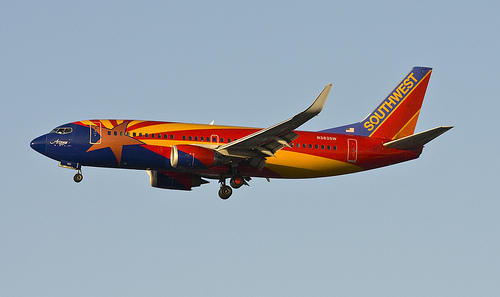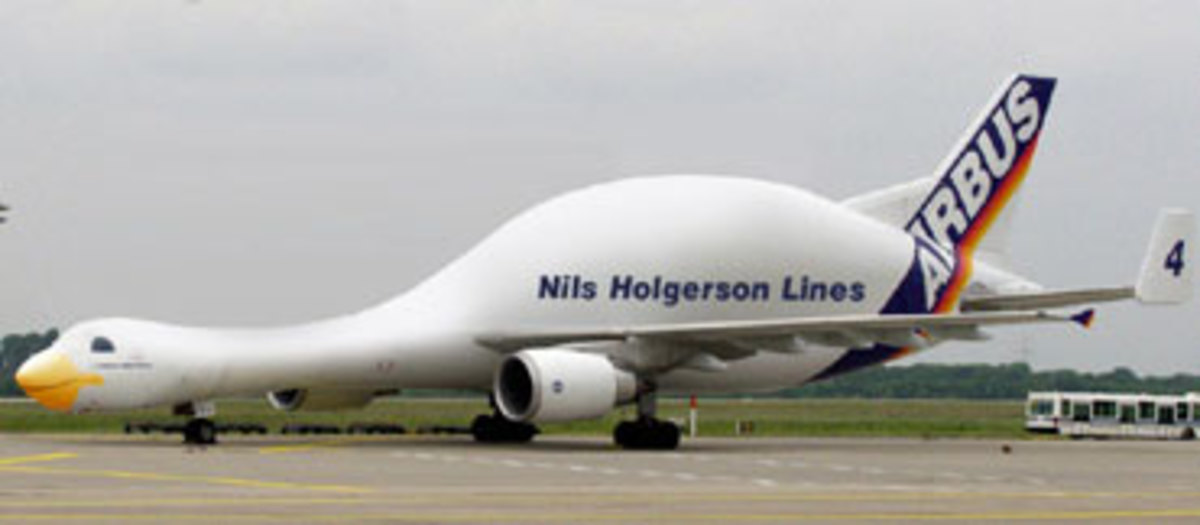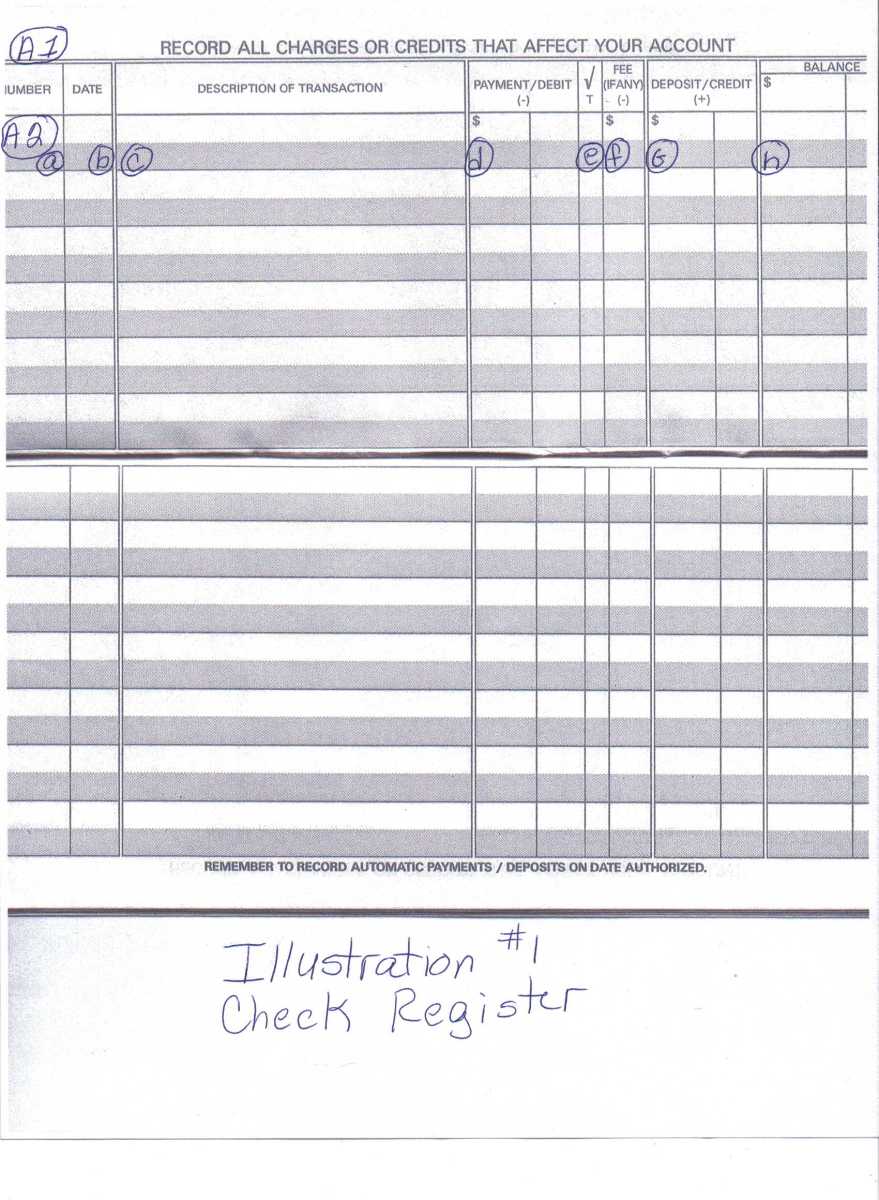My Letter to Southwest Airlines

Following is a letter I recently wrote to the president of Southwest Airlines:
Dear Mr. Kelly,
In 2009, I moved from Phoenix, Arizona to Oklahoma to help my elderly, terminally ill mother with construction problems she was having on her home. As I was to live with her, I left half of my belongings in Phoenix.
In August of 2010, my brother, who lives in Phoenix, bought a one way ticket for me from Tulsa, Oklahoma back to Phoenix for $152.20. We purchased the one-way ticket with the thought that I would fly back to Phoenix and then return to Tulsa with a Uhaul packed with the remainder of my belongings.
Unfortunately, after this ticket was purchased and before I could fly to Phoenix, my mother’s illness became worse, the trip was postponed and I had the unused ticket amount credited to my Southwest Airlines account. Family issues ensued that made it pointless for me to retrieve my belongings from Phoenix. Finances became tight and a year went by without me being able to use the credit on my account. My brother called your Customer Service department to explain the situation but apparently it made no difference whatsoever to them. Your company’s policy is that an unused ticket may be held as a credit for up to a year, but after that year, if the ticket holder wishes to extend the credit for an additional six months, a fee is charged. After talking with your Customer Service, my brother discovered that this fee would probably be $50.00 but that it was really upon the discretion of that department (apparently there is no specific policy stating this amount). He spoke to two different people at two separate times and received different explanations each time.
But before the initial year elapsed and this fee was to be applied, my brother and I came up with what we thought was an option. He wanted to fly from Phoenix to San Diego for a weekend and using this ticket would have been perfect as the cost would have been almost the exact amount of the credit. But he couldn’t use this ticket due to your company’s policies against transferring tickets to another person - even though he was the one who bought the ticket for me initially! So we asked for the extra six month extension, the fee (which did eventually turn out to be $50.00, a ridiculous amount for what I"m sure is a simple process) was deducted from the credit on my account and a “voucher” was issued in my brother’s name for the remaining $102.20 and emailed to me. Absolutely ludicrous!
Six months went by and I was still unable to use this ticket. So last March I lost the remaining $102.20 credit on my account, an amount that is fairly paltry to some but means, at this time, a lot to me. You have essentially chosen to take my money in exchange for nothing when it would have been perfectly easy to leave this credit on my Southwest Airlines account (note that I am not asking for or expecting a refund). Essentially, I have been penalized for not being a frequent flyer.
I would submit to you that this is bad business. Instead of having a credit on my account which would actually encourage me to plan a trip and more likely than not spend additional money with Southwest Airlines over and above the amount of the credit, you’ve instead made me much less likely to fly with your airline. Things happen in people’s lives which are not always controllable and you’ve penalized me for really no reason other than greed.
I realize that your company would probably prefer me to contact your Customer Service department, but after my brother’s experience with them, it is quite apparent that that would be a useless exercise. I am very glad to see that Ralph Nader is attempting to bring these practices to light as, frankly, I think that they are a scam and simply a way for airlines to make extra money off of customers who sometimes have no alternative.
Regards,
(Gemini Fox)
cc: Ralph Nader
Had a bad experience with airline fees or getting a refund on your ticket? Didn't receive a satisfactory answer from the airline? Here are some options you might try:
- contact Ralph Nader. His address is: P.O. Box 19312, Washington, DC 20036
- contact the Aviation Consumer Protection Division of the U.S. Department of Transportation. This division of the U.S. Department of Transportation is a consumer advocate in regards to unfair competition by air carriers and travel agents, deceptive airline advertising, violations of rules concerning denied boarding compensation, ticket refunds, baggage liability requirements, and charter flights and unlawful discrimination on the basis of race, religion, national origin, sex or disabilities. Their website gives consumers a place to file a complaint with the DOT, review the DOT’s monthly ranking of airlines, get travel tips and publications and much more.
- contact Airline Complaints.org. This is a website, independent from the airlines, that gives passengers who have a complaint against an airline a public place to air their grievance. This website is composed of a various forums, airline contact names, addresses and phone numbers as well as other helpful information. The more jilted passengers use this site, the more power the site will have to hold airlines accountable.
Airlines Making Money on Unused Tickets
That this happened makes me so angry, because it really is another instance of inexcusable greed by a corporation. Unfortunately, many people don't realize that it is also a practice that brings the airline industry what is believed to be literally billions of extra dollars. Yes, that’s billions with a ‘b’. I say “believed to be" billions because no one really knows exactly how much the airline industry makes from these practices, but it is estimated to be in the billions. A lot.
Ralph Nader, a long time consumer advocate, has already gone several rounds with the airline industry on various issues. Unused tickets, their expiration dates and the additional fees applied to the credited value are the topics of his next crusade. He recently sent letters to all the major U.S. airlines asking how much money their companies were making from essentially not flying passengers. A response from the industry group, Airlines for America, denied his request with a reply that that information was “confidentially and commercially sensitive” which is probably airline-speak for “we know we’re ripping off our customers and the public would go bananas if they knew exactly how much we made ripping them off, so no way are we going to actually give you that gigantic number.”
Of course, the Airlines for America group did drag forth several anemic analogies and excuses in a weak attempt to defend their policies regarding this issue:
- the airlines’ refund policies are no different than those of many other retail stores. Wrong. At least when a product is involved, a customer may not be able to return the product and get a refund but at least they are left with the product. Not so with a plane ticket.
- the airlines’ refund policies for their tickets are no different than those regarding a specific event, in other words, they are a “perishable” item. Wrong. Tickets for events can be sold; most airline tickets are no longer transferable.
- refunding tickets to no-show customers would lose the airlines’ money. Wrong. Airlines regularly overbook so they are not losing money on customers who do not show up – they can actually make money from it.
- it is the customer’s choice to buy a non-refundable ticket. While this is true, no customer with the average budget would even contemplate the exorbitant cost of the refundable tickets. That there is such a cost difference, many times to the tune of hundreds of dollars, between the non-refundable and the refundable tickets brings into question whether the airlines ever expect customers to actually buy the refundable.
Ralph Nader’s Plan of Attack
After the airlines refused to issue a legitimate response to his appeal for this data, Nader filed a Freedom of Information Act Request with the Department of Transportation. However, Nader is not optimistic that this process will be successful in producing the figure either.
Nader’s next and current plan of attack against the airlines takes the form of a complaint to the Federal Trade Commission’s anti-trust division. He is asking them to investigate the fact that the airlines have identical policies when it comes to refunds and claims that this indicates collusion and price fixing within the industry. Hopefully, his tenacity when it comes to defending consumers will create a change for the better within the industry regarding these policies.
© 2012 Gemini Fox








